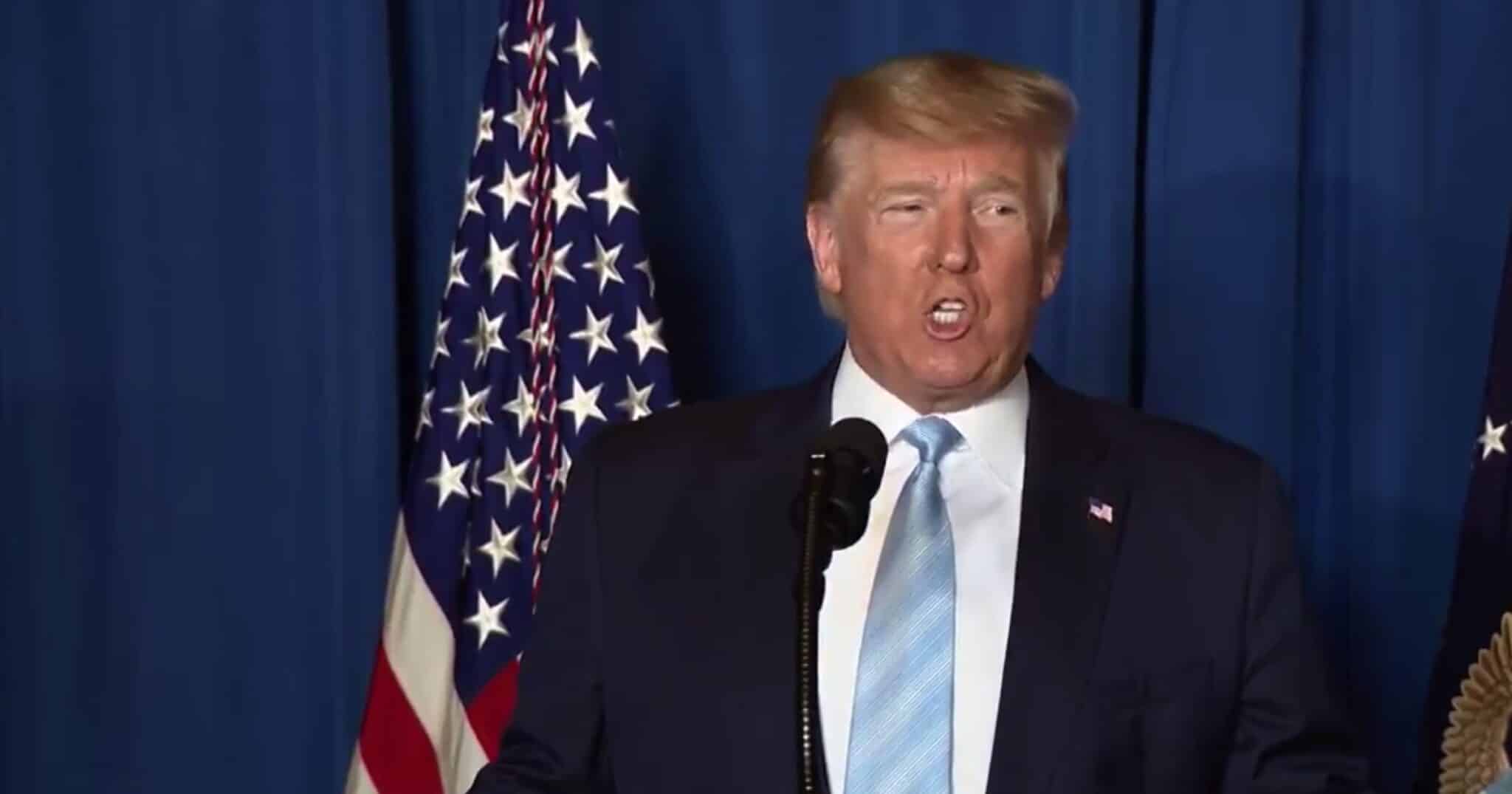





President Joe Biden has proposed major reforms to the Supreme Court, including introducing term limits for justices and enforcing an ethics code, in response to recent controversial decisions and ethical concerns.
The Washington Post reported that Biden faces significant opposition from Republicans, who control the House of Representatives, making it challenging to gain approval for these changes. President Biden has strongly criticized the Supreme Court for its "extreme opinions" and outlined a plan to implement sweeping reforms.
In his speech on Monday in Austin, Texas, Biden proposed the removal of life appointments and suggested an 18-year term for Supreme Court justices to address what he labeled as a crisis of ethics within the institution.
This call for change comes amid widespread concern over recent decisions by the court and reported ethical violations by some justices.
The current composition of the Supreme Court, which leans conservative, has made several high-profile decisions that have ignited debates nationwide.
One such decision was the overturning of the constitutional right to abortion. Additionally, the court has granted sitting presidents extensive immunity from prosecution for "official acts," which further fueled Biden's call for reform.
Adding to the controversy, allegations of judicial ethics violations have emerged, most notably against Justice Clarence Thomas, who reportedly failed to disclose numerous gifts. The President emphasized the need for an enforceable ethics code, suggesting that without such measures, public trust and accountability in the Supreme Court could not be restored.
In his proposal, Biden recommended appointing a new justice every two years, each serving an 18-year term. Currently, Supreme Court justices are appointed for life, with new appointments made by the sitting president upon the retirement or death of a justice. The proposed term limits aim to depoliticize the court and ensure a more balanced and dynamic judiciary.
“I'm certain we need these reforms to restore trust in the court,” Biden explained, "preserve the system of checks and balances that are vital to our democracy."
The backdrop to Biden’s call for reform includes lingering ethical concerns. His proposals include a new code of ethics that would mandate justices to disclose gifts and refrain from engaging in overt political activities. Biden believes that such transparency is crucial for maintaining public confidence in the court’s decisions, especially those that affect personal freedoms and have lasting impacts on citizens' lives.
Acknowledging the uphill battle ahead, Biden hopes to pass a constitutional amendment to reverse the recent ruling that grants former presidents immunity from criminal prosecution for "official acts." The President stated unequivocally, “Make clear that there is no immunity for crimes a former president committed while in office.”
Despite the President's efforts, the response from Republican leaders has been overwhelmingly negative. The Trump campaign dismissed the proposals as part of a scheme to fill the court with judges who will rule based on political bias. Former President Donald Trump himself accused Democrats of attempting to interfere in the upcoming presidential election and destroy the justice system.
House Speaker Mike Johnson called the proposal "dead on arrival." Senate Republicans echoed similar sentiments, with Senator Ted Cruz calling Biden's proposals an assault on the court’s legitimacy, and Senator Josh Hawley describing them as an attempt to dismantle the judicial institution.
As the debate rages on, Democratic Senator Elizabeth Warren remarked that Biden's reform plan places the future of the Supreme Court “on the ballot” in the upcoming November presidential election. For his part, Biden insists that the proposed changes are necessary to restore public trust and ensure the Supreme Court operates free of undue influence and ethical breaches.
Legal expert Professor Daniel Urman offered a nuanced perspective, acknowledging the challenges Biden faces in securing legislative victories, particularly with Republicans controlling the House. “Rarely do lame duck presidents secure major legislative victories," Urman noted. He also questioned the potential impact of Vice President Kamala Harris's position on court reform during the campaign, highlighting that term limits are a broadly popular idea among the electorate.
President Biden's ambitious proposal to overhaul the Supreme Court has sparked significant debate, drawing both strong support and vehement opposition.
At the core of Biden's plan are term limits for justices and the enforcement of a stringent ethics code, aiming to remedy a perceived crisis within the judicial system.
However, with Republicans in firm control of the House and critical of the proposed changes, the path to implementing these reforms appears fraught with challenges. As the November presidential elections approach, the future of the Supreme Court and broader judicial reform are likely to remain pivotal issues in the political discourse.



